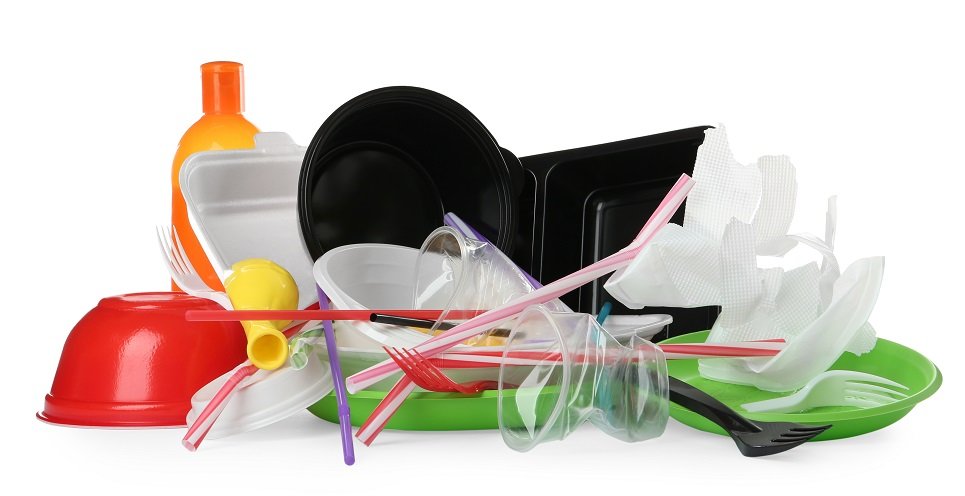On December 31, 2021, the Tianjin Ecology and Environment Bureau and Tianjin Development and Reform Commission jointly released the “Action plan for plastic pollution control in the ‘14th five-year plan’ period”. The plan was formulated to further strengthen plastic pollution control measures, and the outline is as follows.
Promoting the green design of plastic products
- Guiding plastic product enterprises to implement relevant standards of green design, and enhance the recyclability of plastic products.
- Strictly crack down on the illegal production of the ultra-thin plastic shopping bags with a thickness less than 0.025mm, and polyethylene agricultural films with a thickness less than 0.01mm, and daily chemical products containing plastic microbeads.
- The sale of daily chemical products containing plastic microbeads will be banned by the end of 2022.
Reducing the use of disposable plastic products
- Implementing the provisions on plastic products that are prohibited from being used and sold in the “Implementation plan for further strengthening plastic pollution control in Tianjin” and other relevant documents.
- By the end of 2025, secondary packaging for e-commerce express will be basically abolished, and the use of non-degradable plastic packaging bags, plastic tapes and disposable woven bags will be banned.
Fostering new business formats and models
- Carrying out a large-scale application pilot of recyclable express packaging, by 2025, the application scope of recyclable express packages can reach 300,000, and the utilization rate of recyclable transfer bags can reach more than 95%.
- Accelerating the promotion of green products certification, such as green express packaging and green building materials.
Promoting substitute products
- Strengthening research on core technology and improving the achievement transformation of degradable plastics, continuously improving products quality and performance, and at the same time, reducing application cost.
- Promoting an orderly development of biodegradable plastic industry, and leading the industry to a rational distribution.
The plan also mentions measures such as setting up plastic waste recycling bases throughout the city, promoting high-value-added utilization of plastic waste by building recycling facilities, and improving the decontamination level of plastic waste.
For the original text of the above plan, please refer to the following URL (in simplified Chinese).
http://sthj.tj.gov.cn/YWGZ7406/HJGL7886/GTFWGL6110/202201/t20220120_5784047
 Tianjin, China Released Action Plan for Plastic Pollution
Tianjin, China Released Action Plan for Plastic Pollution 

























